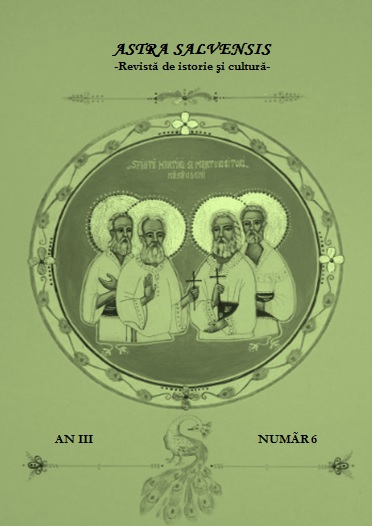ASPECTE PRIVIND MOTIVAŢIA PENTRU ÎNVĂŢARE LA VÂRSTA ADULTĂ
Aspects regarding the Learning Motivation at the Adult Age
Author(s): Delia MusteSubject(s): Social Sciences
Published by: Asociaţiunea Transilvană pentru Literatura Română şi Cultura Poporului Român - ASTRA
Keywords: adults; long life learning; motivation; affective implication
Summary/Abstract: The last decades have been marked by successive series of transformations in what regards the general perception upon the learning phenomenon during the whole life, Long life learning becoming a key-concept in shaping the values and the civic and social competences. The active implication of the adults in the learning act represents a compulsory condition when we intend to achieve successfully a cognitive activity and not only. At the fundament of the proper functioning of the human being we can identify the motivation, independently of the realized activity or of the level of knowledge of the person that makes an effort for realizing that activity. Each action must be completed by a well-defined motivational support, on the contrary one being on the verge of experimenting the failure. Whether we take into consideration the age of the person that is learning or not, the conditions of the learning process are generally available rules; what changes, however, consists of the modalities of bringing the student to the learning activity, and also the conditions of the affective implication in the instructive-educational process.The last decades have been marked by successive series of transformations in what regards the general perception upon the learning phenomenon during the whole life, Long life learning becoming a key-concept in shaping the values and the civic and social competences. The active implication of the adults in the learning act represents a compulsory condition when we intend to achieve successfully a cognitive activity and not only. At the fundament of the proper functioning of the human being we can identify the motivation, independently of the realized activity or of the level of knowledge of the person that makes an effort for realizing that activity. Each action must be completed by a well-defined motivational support, on the contrary one being on the verge of experimenting the failure. Whether we take into consideration the age of the person that is learning or not, the conditions of the learning process are generally available rules; what changes, however, consists of the modalities of bringing the student to the learning activity, and also the conditions of the affective implication in the instructive-educational process.
Journal: Astra Salvensis - revista de istorie si cultura
- Issue Year: III/2015
- Issue No: 6
- Page Range: 147-151
- Page Count: 5
- Language: Romanian

